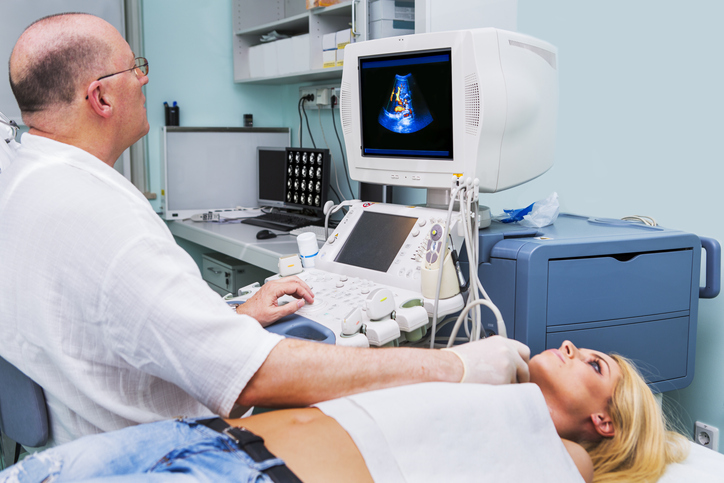The six member organisations of the Consortium for the Accreditation of Sonographic Education (CASE) have written to Health Education England and the Professional Standards Authority presenting a detailed case for the statutory registration of sonographers.
Addressed to Wendy Reid, the executive director for education and training and the national medical director, an accompanying summary provides
The letter says, “We believe that to protect the public and ensure the very best patient-centred, safe and effective care, it is now essential that sonographers progress to become statutorily-regulated professionals.”
The summary highlights the critical and varying role of sonographers, their responsibility to deliver difficult news, and the importance of subsequent patient compassion and welfare.
Included in the document are 22 compelling case points. They include:
- Statutory registration has a number of important benefits including the ability to protect commonly used professional titles, set consistent national standards and to take effective action when professionals fall below those standards
- (It) allows for a central record to be kept by a body with full statutory powers which can be referred to by employers and the public. If there have been any fitness to practice annotations these will be clearly visible to all viewing that registration record.
- Sonographers who do not hold statutory registration cannot use Patient Group Directions for the administration of drugs or contrast agents. They also cannot train to become supplementary or independent prescribers.
- Sonography is listed as a Tier 2 visa shortage occupation by the Migrations Advisory Committee. It is very difficult for employers to assess the ultrasound qualifications of those who trained overseas and there is no regulatory home for them.
- Sonographers are often working alone with vulnerable patients (with a chaperone as necessary) and may be the first to identify patients with safeguarding issues. Statutorily regulated healthcare professionals also have a mandatory duty to report cases of female genital mutilation in under 18-year olds to the police, this is particularly relevant due to the obstetric and gynaecological ultrasound examinations they perform.
The six organisations which make-up CASE are the British Medical Ultrasound Society, Chartered Society of Physiotherapy, College of Podiatry, Institute of Physics and Engineering in Medicine, Society and College of Radiographers, and the Society for Vascular Technology of Great Britain and Ireland.
